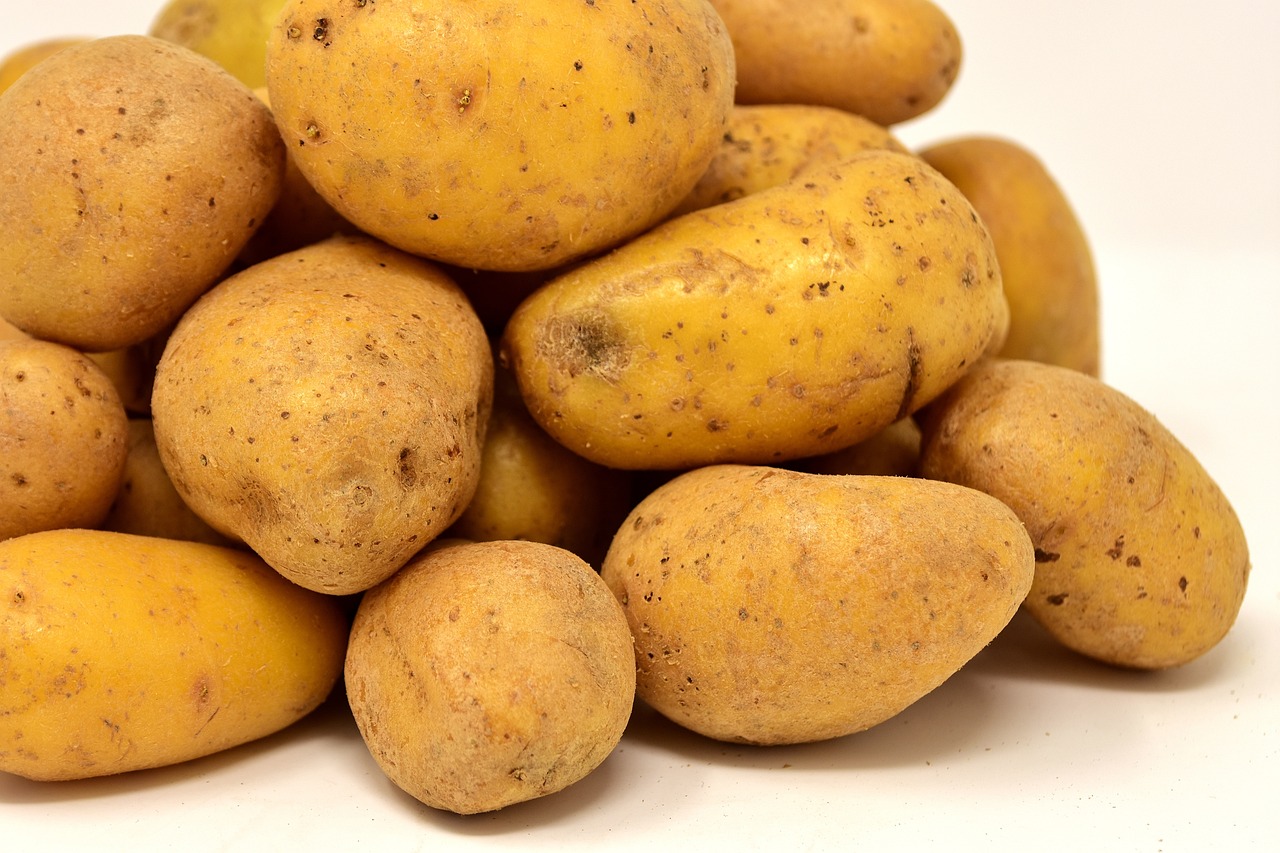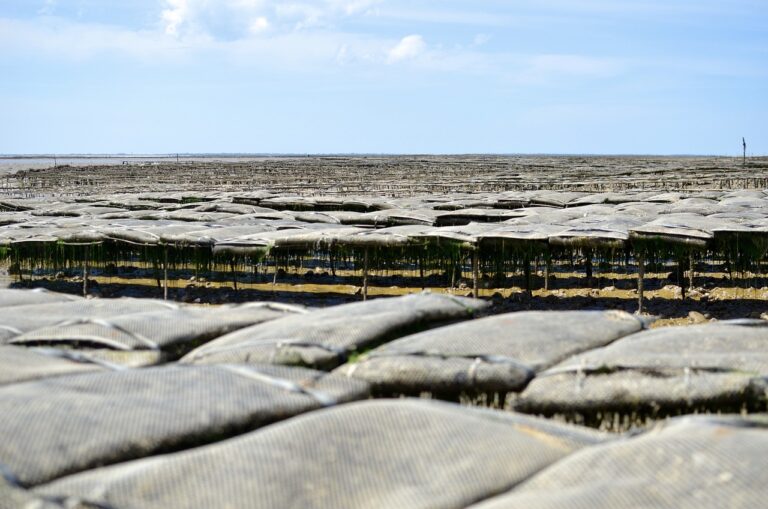The Influence of Meat Consumption on International Relations: Gold bet 7, Radhe exchange, 11xplay.online
gold bet 7, Radhe Exchange, 11xplay.online: Meat consumption has long been a contentious issue in international relations, with implications that extend far beyond just dietary choices. The impact of meat consumption on global politics, economics, and the environment cannot be overlooked. In this article, we will explore the influence of meat consumption on international relations and why it is a topic that deserves more attention.
The Environmental Impact of Meat Consumption
One of the key reasons why meat consumption is a significant factor in international relations is its environmental impact. The meat industry is one of the largest contributors to greenhouse gas emissions, deforestation, and water pollution. As countries strive to meet their climate goals and protect the environment, the consumption of meat has become a hot-button issue in diplomatic circles.
Heading: The Rise of Vegan Diplomacy
In recent years, a new phenomenon known as “vegan diplomacy” has emerged as countries look to reduce their carbon footprint and promote sustainable food systems. Leaders such as New Zealand’s Jacinda Ardern and Germany’s Angela Merkel have embraced plant-based diets as a way to lead by example and show their commitment to environmental conservation. This shift in dietary preferences has the potential to reshape international relations and create new alliances based on shared values of sustainability and environmental stewardship.
The Economic Implications of Meat Consumption
Meat consumption also has significant economic implications on a global scale. The meat industry is a multi-billion dollar enterprise that influences trade agreements, tariffs, and market dynamics. As countries compete for access to new markets and strive to protect their domestic industries, meat consumption becomes a key factor in shaping economic relations between nations.
Heading: The Power of Meat Diplomacy
Meat has long been used as a tool of diplomacy, with countries using food exports as a way to strengthen diplomatic ties and foster international cooperation. In recent years, countries such as Brazil and the United States have used their meat exports as a bargaining chip in trade negotiations, leveraging their market power to influence foreign policies and secure favorable trade deals. The power of meat diplomacy is a testament to the economic significance of the meat industry and its impact on global politics.
The Social and Cultural Dimensions of Meat Consumption
Meat consumption is not just an economic or environmental issue it also has important social and cultural dimensions that shape international relations. Dietary preferences are often closely tied to cultural identity and tradition, with meat playing a central role in many societies around the world. As countries seek to navigate cultural differences and promote understanding, the issue of meat consumption can become a source of tension or cooperation in diplomatic relations.
Heading: Navigating Cultural Differences through Food
Food has long been used as a way to bridge cultural divides and foster cross-cultural understanding. In diplomatic settings, sharing a meal can be a powerful tool for building relationships and fostering mutual respect. However, when dietary preferences clash, as in the case of vegetarianism or veganism, navigating cultural differences can be a delicate balancing act. Countries must be mindful of these cultural sensitivities and find ways to accommodate diverse dietary needs in diplomatic engagements.
The Future of Meat Consumption in International Relations
As the world grapples with the challenges of climate change, economic globalization, and cultural diversity, the role of meat consumption in international relations will continue to evolve. Countries will need to find innovative ways to address the environmental impact of meat production, navigate the economic implications of the global meat trade, and promote cultural understanding in a increasingly interconnected world. By exploring the influence of meat consumption on international relations, we can better understand the complex web of relationships that shape our global society.
Heading: Conclusion
Meat consumption is a topic that deserves more attention in discussions of international relations. Its impact on the environment, economy, and culture cannot be ignored, and as countries strive to promote sustainability, cooperation, and understanding, the role of meat in shaping diplomatic relations will only grow in importance. By recognizing the influence of meat consumption on international relations, we can work towards a more sustainable and harmonious global community.
FAQs
Q: How does meat consumption impact climate change?
A: The meat industry is a major contributor to greenhouse gas emissions, deforestation, and water pollution, making it a key driver of climate change.
Q: What is vegan diplomacy?
A: Vegan diplomacy is a new trend in which leaders adopt plant-based diets to promote sustainability and environmental conservation on a global scale.
Q: How does meat consumption influence trade agreements?
A: Meat consumption can influence trade agreements by serving as a bargaining chip in negotiations and shaping market dynamics between countries.
Q: How can countries navigate cultural differences in food preferences?
A: Countries can navigate cultural differences in food preferences by promoting understanding, respect, and accommodation of diverse dietary needs in diplomatic settings.







